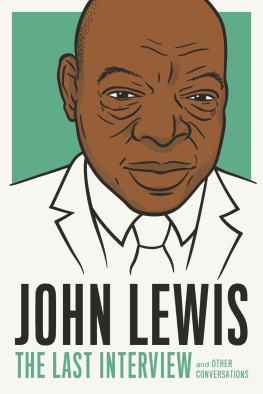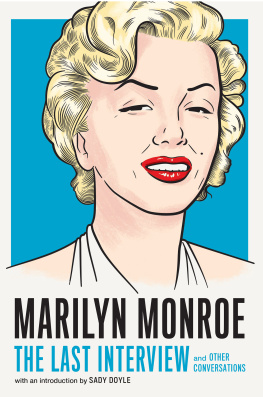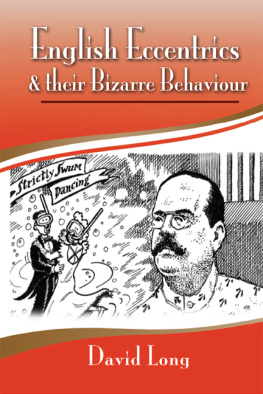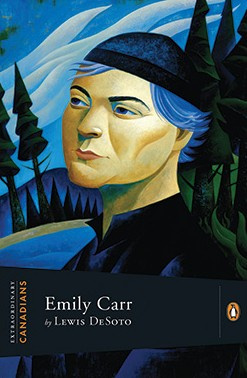Some Eighteenth-Century Men about Town
Table of Contents
When his Royal Highness George, Prince of Wales, afterwards George IV., freed himself from parental control, and, an ill-disciplined lad, launched himself upon the town, it is well known that he was intimate with Charles James Fox, whom probably he admired more because the King hated the statesman than for any other reason. Doubtless the Prince drank with Fox, and diced with him, and played cards with him, but from his later career it is obvious he can never have touched Fox on that great mans intellectual side; and, after a time, the royal scapegrace, who would rather have reigned in hell than have served in heaven, sought companions to whom he need not in any way feel inferior. With this, possibly sub-conscious, desire, he gathered around him a number of men about town, notorious for their eccentricities and for the irregularity of their lives. With these George felt at home; but, though he was nominally their leader, there can be little doubt that he was greatly influenced by them at the most critical time of a young mans life, to his fathers disgust and to the despair of the nation. Of these men the most remarkable were Sir John Lade, George Hanger (afterwards fourth Lord Coleraine of the second creation), and Sir Lumley Skeffington; and, by some chance, it happens that little has been written about them, perhaps because what has been recorded is for the most part hidden in old magazines and newspapers and the neglected memoirs of forgotten worthies. Yet, as showing the temper of the times, it may not be uninteresting to reconstruct their lives, and, as far as the material serves, show them in their habit as they lived.
Sir John Lade, the son of John Inskipp, who assumed the name of Lade, and in whose person the baronetcy that had been in the family was revived, was born in 1759, and at an early age plunged into the fast society of the metropolis with such vigour that he had earned a most unenviable reputation by the time he came of age, on which auspicious occasion, Dr Johnson, who knew him as the ward of Mr Thrale, greeted him savagely in the satirical verses which conclude:
Wealth, my lad, was made to wander:
Let it wander at its will;
Call the jockey, call the pander,
Bid them come and take their fill.
When the bonnie blade carouses,
Pockets full and spirits high
What are acres? what are houses?
Only dirt, or wet and dry.
Should the guardian friend or mother
Tell the woes of wilful waste,
Scorn their counsels, scorn their pother,
You can hang, or drown, at last.
Sir John became one of the Prince of Waless cronies, and for a while had the management of his Royal Highnesss racing stable; but while it has been hinted of him, as of George Hanger, that during his tenure of that office he had some share in the transactions that resulted in Sam Chifney, the Princes jockey, being warned off the turf, it is but fair to state that there is no evidence in existence to justify the suspicion. Indeed, he seems to have been honest, except in incurring tradesmens debts that he could never hope to discharge; but this was a common practice in fashionable circles towards the end of the eighteenth century, and was held to throw no discredit on the man who did sofor was it not a practice sanctioned by the example of The First Gentleman of Europe himself?
Sir Johns ambition, apparently, was to imitate a groom in dress and language. It was his pleasure to take the coachmans place, and drive the Princes German Waggon, and, in keeping with his pose, he was overheard on Egham racecourse to invite a friend to return to dinner in these terms:I can give you a trout spotted all over like a coach dog, a fillet of veal as white as alabaster, a pantaloon cutlet, and plenty of pancakes as big as coach-wheelsso help me.
Dr Johnson naturally took an interest in Sir John, and, when Lady Lade consulted him about the training of her son, Endeavour, madam, said he, to procure him knowledge, for really ignorance to a rich man is like fat to a sick sheep, it only serves to call the rooks round him. It is easier, however, to advocate the acquisition of knowledge than to inculcate it, and knowledge, except of horses, Sir John Lade never obtained in any degree. Indeed, his folly was placed on record by Anthony Pasquin in
An Epigrammatic Colloquy ,
Occasioned by Sir John Lades Ingenious Method of Managing his Estates.
Said Hope to Wit, with eager looks,
And sorrow streaming eyes:
In pity, Jester, tell me when,
Will Johnny Lade bewise?
Thy sighs forego, said Wit to Hope,
And be no longer sad;
Tho other foplings grow to men,
Hell always bea Lad.

Sir John Lade
When Sir John was little more than a boy, Johnson, half in earnest, proposed him as a fitting mate for the author of Evelina, so Mrs Thrale states; and, indeed, Miss Burney herself records a conversation in 1778 between that lady and the doctor. The inadvisability of the union, however, soon became apparent, and when Sir John, a little later, asked Johnson if he would advise him to marry, I would advise no man to marry, sir, replied the great man, who is not likely to propagate understanding; but the baronet, who doubtless thought this was an excellent joke, and as such intended, crowned his follies by espousing a woman of more than doubtful character. When Sir John met his future wife, she was a servant at a house of ill-fame in Broad Street, St Giles, and, rightly or wrongly, was credited with having been the mistress of Jack Rann, the highwayman, better known as Sixteen-string Jack, who deservedly ended his career on the gallows in 1774. Marriage did not apparently mend her manners or her morals, for, according to Huishwho, it must, however, be admitted, was an arrant scandalmongershe was for some time the mistress of the Duke of York, and also acted as procuress for the Prince of Wales; while her command of bad language was so remarkable that the Prince used to say of any foul-mouthed man: He speaks like Letty Lade.
Like her husband, Lady Lade was a fine whip, and many stories are told of her prowess as a driver of a four-in-hand.
More than one steed Letitias empire feels,
Who sits triumphant oer the flying wheels;
And, as she guides them through th admiring throng,
With what an air she smacks the silken thong.
Graceful as John, she moderates the reins;
And whistles sweet her diuretic strains;
Sesostris-like, such charioteers as these
May drive six harnessd princes, if they please.
Lady Lade offered to drive a coach against another tooled by a sister-whip eight miles over Newmarket Heath for five hundred guineas a side, but, when it came to the point, no one had sufficient confidence to take up the wager. There is, however, an account of another race in which she participated: Lady Lade and Mrs Hodges are to have a curricle race at Newmarket, at the next Spring Meeting, and the horses are now in training. It is to be a five-mile course, and great sport is expected. The construction of the traces is to be on a plan similar to that of which Lord March, now Marquis of Queensberry, won his famous match against time. The odds, at present, are in favour of Lady Lade. She runs a grey mare, which is said to be the best horse in the Baronets stalls.













